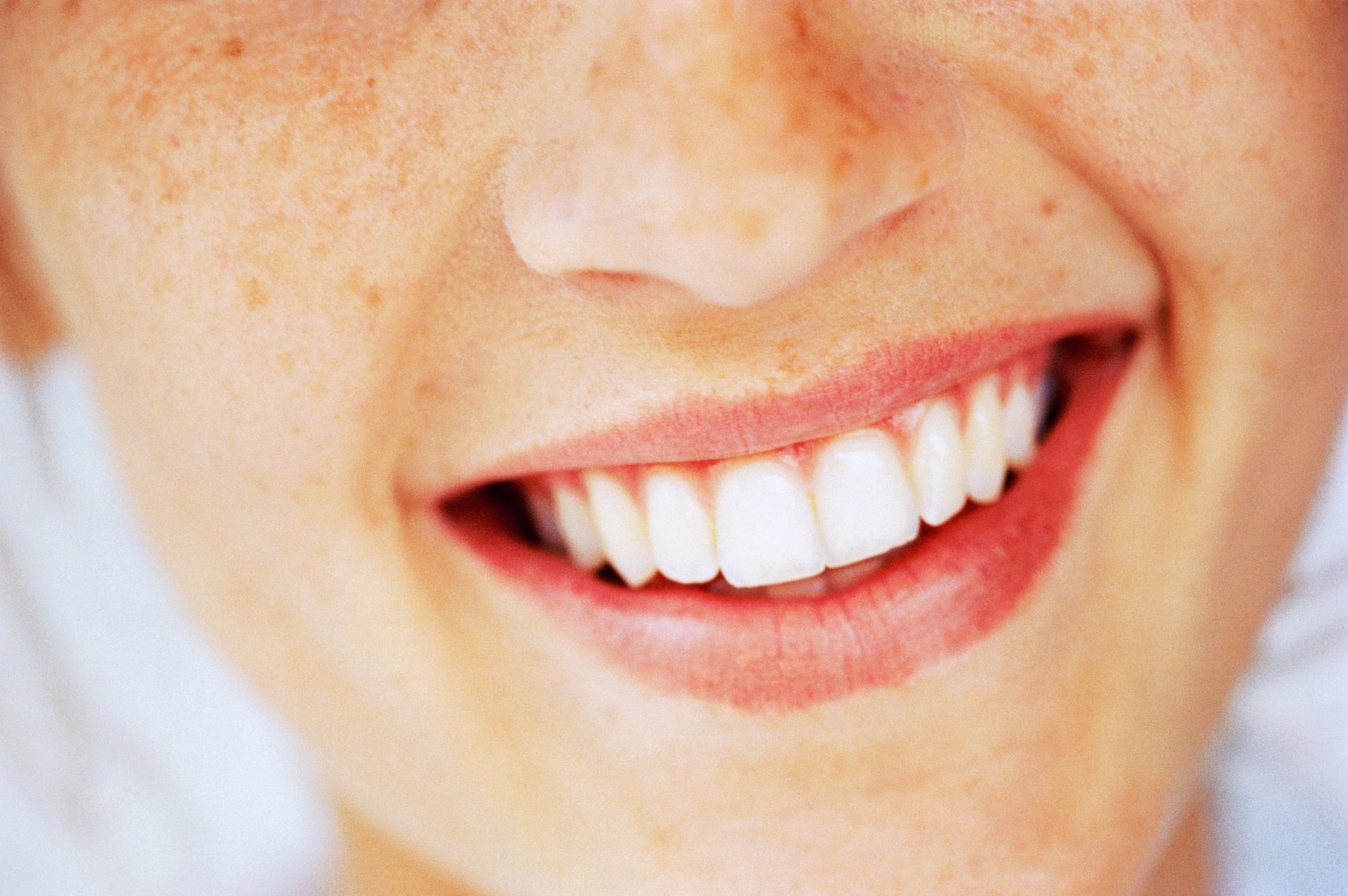The Link Between Stress and Oral Health Problems
The impact of stress on our physical and mental well-being is well-known, but many people may not realize that stress can also significantly impact oral health. Studies have shown that chronic stress can lead to various oral health issues, such as gum disease, tooth decay, and bruxism (teeth grinding). While stress is not the sole cause of these conditions, Haleh Fazeli DDS asserts that it can exacerbate oral health problems, making them more difficult to manage. Dentists and other healthcare professionals need to be aware of the connection and work with their patients to develop effective stress management strategies as part of a comprehensive approach to oral healthcare.
How stress can impact oral health
Increased risk of gum disease
Gum disease is a chronic infection of the gums and surrounding tissues that can cause many problems, from bad breath and bleeding gums to tooth loss and even bone damage. Studies have shown that stress can weaken the immune system, making it more difficult for the body to fight infections like gum disease. Stress can cause inflammation throughout the body, which can further increase the symptoms of gum disease.
Bruxism or teeth grinding
Bruxism is a common problem that can cause various issues, from worn-down teeth and jaw pain to headaches and even sleep disturbances. Stress is a well-known risk factor for bruxism, as many people clench and grind their teeth to cope with stress and anxiety. This can put a great deal of strain on the teeth and jaw, leading to many problems.
Negative impact on oral hygiene habits
When stressed, you may be less likely to stick to your usual dental routine, such as brushing and flossing regularly. This can increase the risk of cavities, tooth decay, and other oral health problems. Stress can result in unhealthy coping mechanisms, such as smoking, which can further harm your teeth.
Tips for preserving oral hygiene while experiencing stress
Practice good stress management techniques
This can include exercise, meditation, and deep breathing exercises, all of which have been shown to reduce stress levels and improve overall health. Prioritize your oral hygiene habits, even when feeling stressed. This means brushing and flossing at least twice daily, using mouthwash, and seeing a dentist regularly for cleanings and checkups.
Use a nightguard
Your dentist may recommend a nightguard for protection against further damage. Practicing relaxation techniques before bed can help reduce stress levels and promote more restful sleep, which can also help alleviate the symptoms of bruxism.
Maintain a healthy diet
When stressed, it’s common to turn to comfort foods high in sugar and fat, which can contribute to cavities and other oral health problems. You should focus on a balanced diet with plenty of fruits and vegetables, lean protein, and whole grains. These foods are good for your health, can help strengthen your teeth and gums, and reduce the risk of oral health problems. Drinking plenty of water can help wash away harmful bacteria and food particles.
Prioritize self-care and oral health to improve your quality of life and well-being. If you have any concerns, contact Laguna Beach Dental Excellence for more information.


